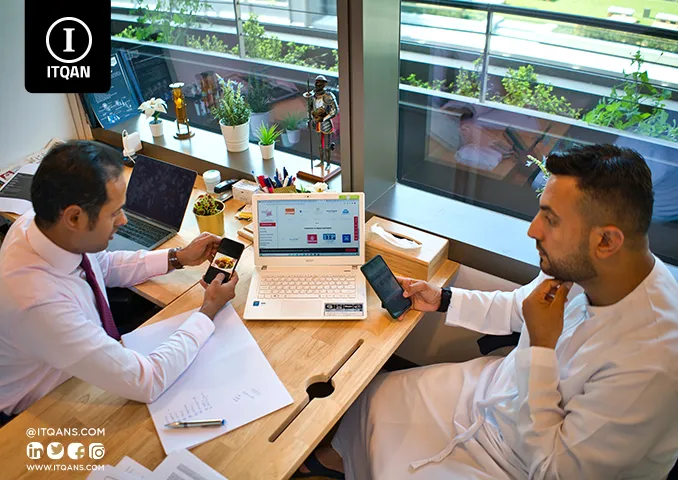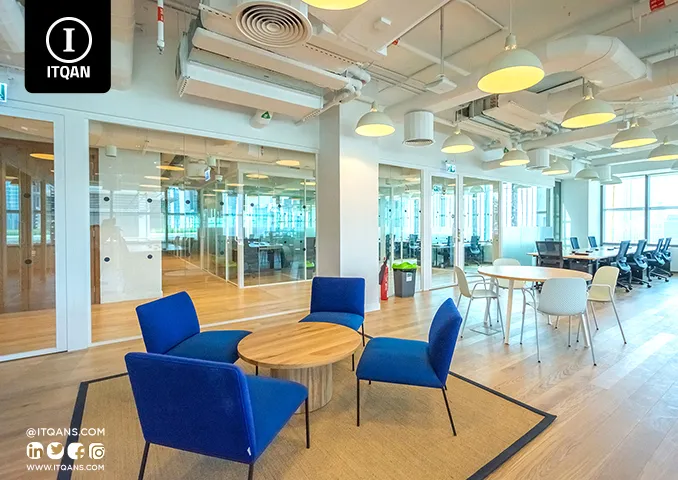Business Setup UAE: Your Guide to Establishing a Company in Dubai
Business setup UAE is an exciting venture, especially for residents who wish to tap into the vibrant economic landscape of Dubai. As a resident, you already have a head start with familiarity of the local market, rules, and culture — giving you a strategic advantage in building your business.
Why Choose Dubai for Business Setup?
Dubai’s pro-business environment, tax incentives, and modern infrastructure make it one of the top locations for entrepreneurs aiming to start a company in UAE. The city is globally recognized for trade, tourism, real estate, and fintech—sectors that are actively supported by government initiatives.
Key Advantages of Setting Up in Dubai
- Strategic Location: Connect easily with markets in Asia, Europe, and Africa.
- Tax Benefits: Enjoy 0% income tax and favorable VAT policies.
- Modern Infrastructure: High-tech facilities and transport systems to support growth.
- Ease of Doing Business: Transparent regulations and business-friendly laws.
- Free Zones and Mainland Options: Tailored solutions depending on your business needs.
Key Steps for Business Setup in UAE
Understanding the timeline and requirements for initiating a company is vital to avoid legal issues and delays. Below is a structured roadmap to help you get started:
1. Choose the Business Activity
Your business type determines the legal form, license category, and location eligibility. Whether you plan to open a tech company or a consultancy, be sure to consult with the UAE Government Portal for approved business activity lists.
2. Select the Legal Structure
Common legal structures include:
- Limited Liability Company (LLC)
- Sole Proprietorship
- Free Zone Establishment (FZE)
- Branch Office
Each has different benefits. For example, LLCs require a local Emirati as a sponsor, while free zones offer 100% foreign ownership.
3. Decide the Company Location
Should you set up in a free zone or on the mainland? Here’s a quick comparison:
| Criteria | Mainland | Free Zone |
|---|---|---|
| Ownership | Up to 100% foreign ownership (from 2021) | 100% foreign ownership |
| Scope | Can trade across UAE | Restricted to free zone or international |
| Office Requirement | Mandatory physical office | Flexi-desk or office depending on the zone |
For UAE business owners targeting local markets, mainland is preferred. Free zones are ideal for international trade or startups seeking cost-effective solutions.
4. Register the Company Name
Your trade name must be unique and comply with the UAE’s naming conventions. Avoid religious, political, or offensive language. The name gets verified and reserved through the Department of Economic Development (DED).
5. Apply for Initial Approvals
Before securing the trade license, you need to get approvals from the DED, relevant ministries, and the Dubai Municipality. These initial permissions confirm your business aligns with local regulations.
6. Draft the MOA and Local Agreements
The Memorandum of Association (MOA) outlines shareholders’ roles and capital structure. If you’re setting up in the mainland, a local service agent agreement might also be necessary.
7. Secure Office Space
Choose an office based on license type and operational needs. Most free zones offer flexi-desk solutions, while mainland businesses require full office leases.
Don’t miss our guide on the Best Free Zones in UAE for Business Setup to explore top locations.
8. Apply for the Trade License
The final step is obtaining your business license. Common license types include:
- Commercial License
- Professional License
- Industrial License
The DED (for mainland) or relevant free zone authority issues this license, generally within a few working days.
Estimated Costs of Launching a Business in Dubai
The cost varies based on location, business activity, and licensing authority. Here’s a rough breakdown:
- Trade License: AED 10,000–15,000 annually
- Office Rent: AED 12,000–60,000 annually
- Visa Costs: AED 3,000–7,000 per visa
- Additional Approvals: AED 2,000–5,000
Some free zones offer all-inclusive packages that simplify budgeting.
Documents Required for Business Setup UAE
Whether you are setting up in a free zone or on the mainland, some documents are standard:
- Passport copy and visa of owner(s)
- Emirates ID (for residents)
- Trade name reservation
- Initial approval certificate
- MOA and lease agreement
Common Mistakes to Avoid
- Skipping Market Research: Understand local demand and competitors.
- Choosing Wrong Legal Structure: It can affect ownership and tax obligations.
- Underestimating Costs: Factor in hidden fees and compliance costs.
- Ignoring Cultural Norms: UAE values and traditions are crucial in business.
Final Thoughts on Business Setup UAE
Business setup UAE offers unmatched opportunities for residents who are ready to take the plunge. From choosing the right business activity to securing your trade license, the process requires hands-on preparation and strategic planning. For residents, the path is a bit smoother, given your familiarity with processes and regulations.
Make sure to explore government and private services that can assist in registrations, compliance, and licensing. With the right approach, your entrepreneurial dream in Dubai can quickly become a thriving reality.
Need further help? Don’t forget to read our guide on the Best Free Zones in UAE for Business Setup and visit the UAE Government Portal for legal resources and forms.












